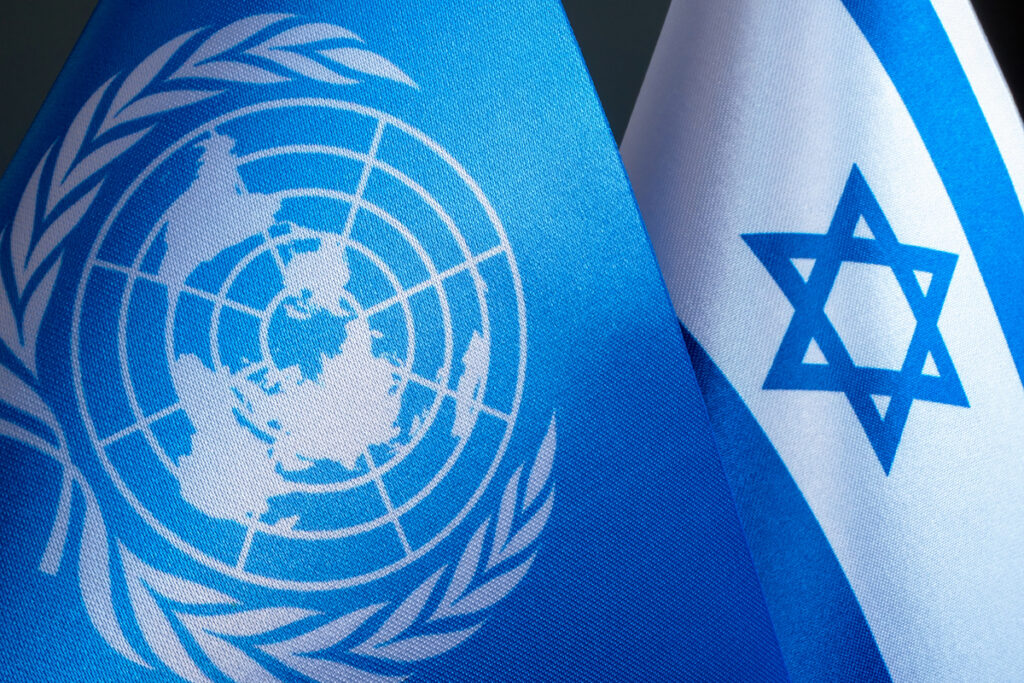In a significant international legal confrontation, Israel is rigorously defending itself at the United Nations’ highest court against serious accusations of committing genocide during its war in Gaza. These allegations have put the spotlight on the intricate dynamics of the Israeli-Palestinian conflict.
The core of the defense presented by Israel revolves around the claim that its military actions in Gaza were a legitimate response to Hamas militants. Israel argues that it was compelled into a war that was neither of its choosing nor initiation, highlighting the intense nature of the conflict that has been ongoing for years.
The allegations, brought forth by South Africa, suggest that Israel’s actions in Gaza amount to genocidal intent. In response, Israel has pointed to the brutality of Hamas’ actions on Oct. 7, which included a series of violent and inhumane acts such as torture, murders, and sexual violence. These details were presented in a compelling manner, leaving the audience at The Hague’s Palace of Peace in a state of shock.
In a twist of legal narrative, Israel contends that the accusations of genocide should, in fact, be directed towards Hamas. This claim is anchored in the depiction of Hamas as an organization that actively seeks the destruction of Israel and is recognized as a terrorist group by the U.S. and its Western allies.
The situation in Gaza, as detailed in the hearings, paints a grim picture. The death toll surpasses 23,000, with a large portion of the population displaced and facing dire circumstances. The extent of the destruction has raised questions about the proportionality and discrimination of Israel’s military actions, despite Israel’s insistence on measures taken to minimize civilian casualties.
At the core of the legal debate is the principle of self-defense in international law, which Israel asserts as the basis of its actions. However, the adherence to the rules of war under this principle remains a contentious issue that the International Court of Justice (ICJ) must deliberate.
The urgency of the situation is recognized by ICJ President Joan E. Donoghue, who has promised a swift decision on immediate measures. This case is pivotal not only for its immediate implications but also for the broader implications it holds for international law and the global perception of the Israeli-Palestinian conflict.
Israel’s decision to engage actively in this tribunal marks a departure from its usual stance of boycotting international legal forums, underscoring the gravity with which it views the allegations and the potential repercussions on its international standing.
In the backdrop of these legal proceedings, protests and demonstrations have erupted, mirroring the global division and deep-seated emotions surrounding the Israeli-Palestinian conflict. The case also resonates with the historical contexts of both nations involved, touching on Israel’s post-World War II foundation as a Jewish state and South Africa’s painful legacy of apartheid.
As the world watches, the ICJ’s rulings in this landmark case will not only influence the immediate situation in Gaza but also potentially reshape the legal and moral landscape of international conflict resolution.


